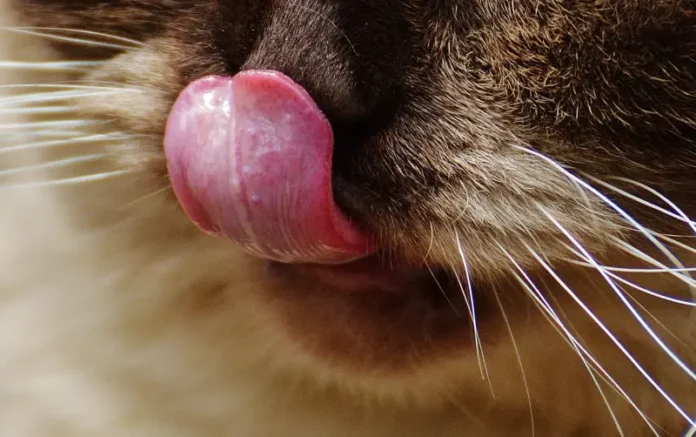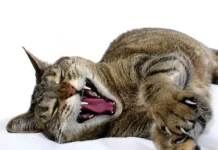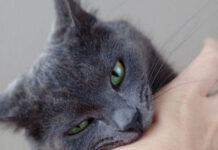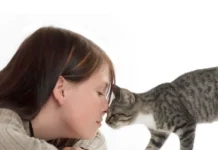Understanding Your Cat’s Behavior: Why Do Cats Lick Their Owners?
One of the most fascinating aspects of a cat’s anatomy is its tongue. Covered in tiny, curved spines known as papillae, a cat’s tongue is an essential tool for grooming and self-care.
Cats typically devote 30% to 50% of their day to grooming themselves, diligently licking their fur to maintain cleanliness. Given this significant dedication to hygiene, you may wonder if they truly have the time to lick their owners.
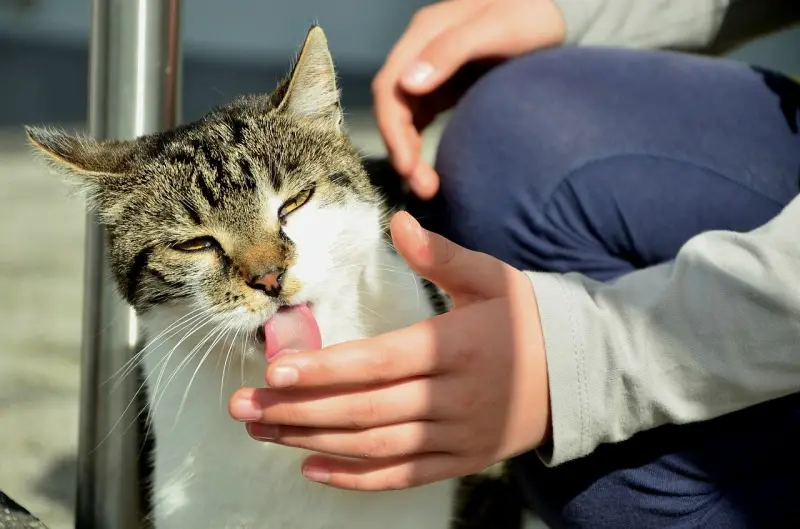
While many people interpret a cat’s licking as a sign of affection, the reality can be more complex. Often, the sensation can feel unpleasant, resembling a scratching or scraping against the skin. So, what should you make of this behavior?
Why Does It Hurt When a Cat Licks You?
A cat’s tongue is equipped with papillae designed to remove loose fur and dirt. This unique structure can even pull some of your skin’s hair when they lick, which is why it may hurt.
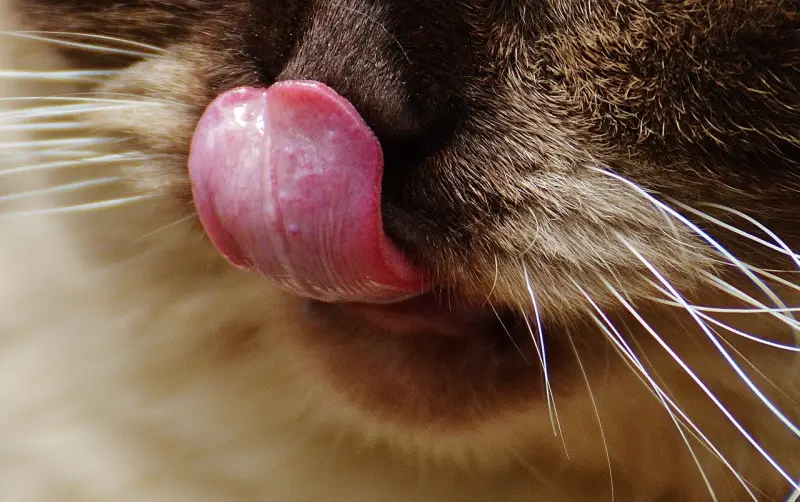
The backward-facing hooks formed from keratin, the same material that strengthens claws, enable these papillae to disentangle fur and reach the skin. This explains why licking can occasionally be painful.
Reasons Your Cat Might Lick You
- Stress, Anxiety, and Pain: Cats may lick their owners during stressful situations, such as moving homes or environmental changes. This behavior is often a coping mechanism, but if excessive, monitor their licking closely.
- Marking Territory: Cats naturally lick other animals, toys, and people to mark their territory. By licking you, they’re leaving their scent and asserting ownership.
- Weaning Before Time: Cats weaned too early may develop a fixation leading to excessive licking as they seek the comfort of nursing.
- Grooming Behavior: Licking is instinctual for cats as they groom their young. When your cat licks you, it is often trying to care for you or bond.
- Tasting: Cats might lick you simply because they find an interesting taste on your skin, such as remnants of food or beverages.
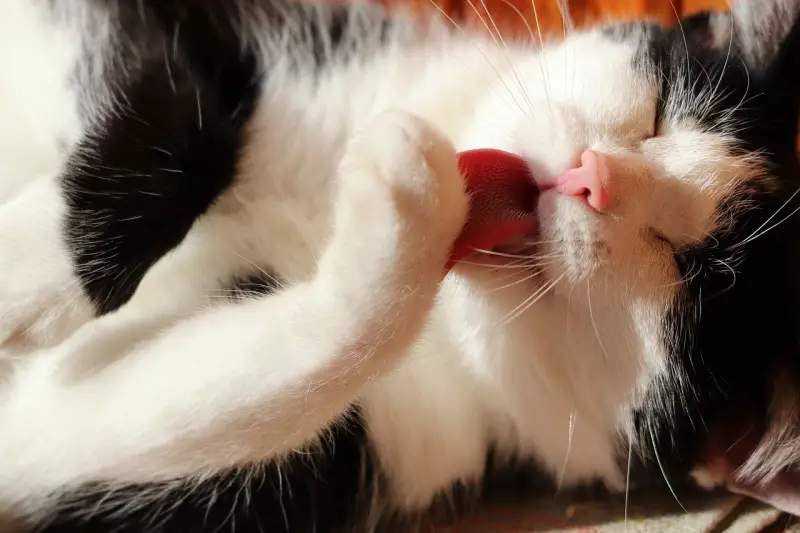
Consult a Vet if Necessary
If your cat’s licking becomes aggressive or leads to self-grooming that results in bald spots, it’s critical to consult a veterinarian. They can help identify underlying issues contributing to these behaviors.
Conclusion: Understanding Your Cat’s Licking Behavior
While a cat’s licking can be painful, it often stems from instinct rather than malice. If the behavior is not comfortable for you, consider redirecting your cat’s attention with gentle massages or distractions. This can provide an avenue for bonding without the discomfort.
Author Bio
This article was contributed by Nadine Westwood, a health coach and writer dedicated to helping clients achieve sustainable wellness through nutrition, fitness, and fun. Learn more about Nadine at nomadicnadine.com.


